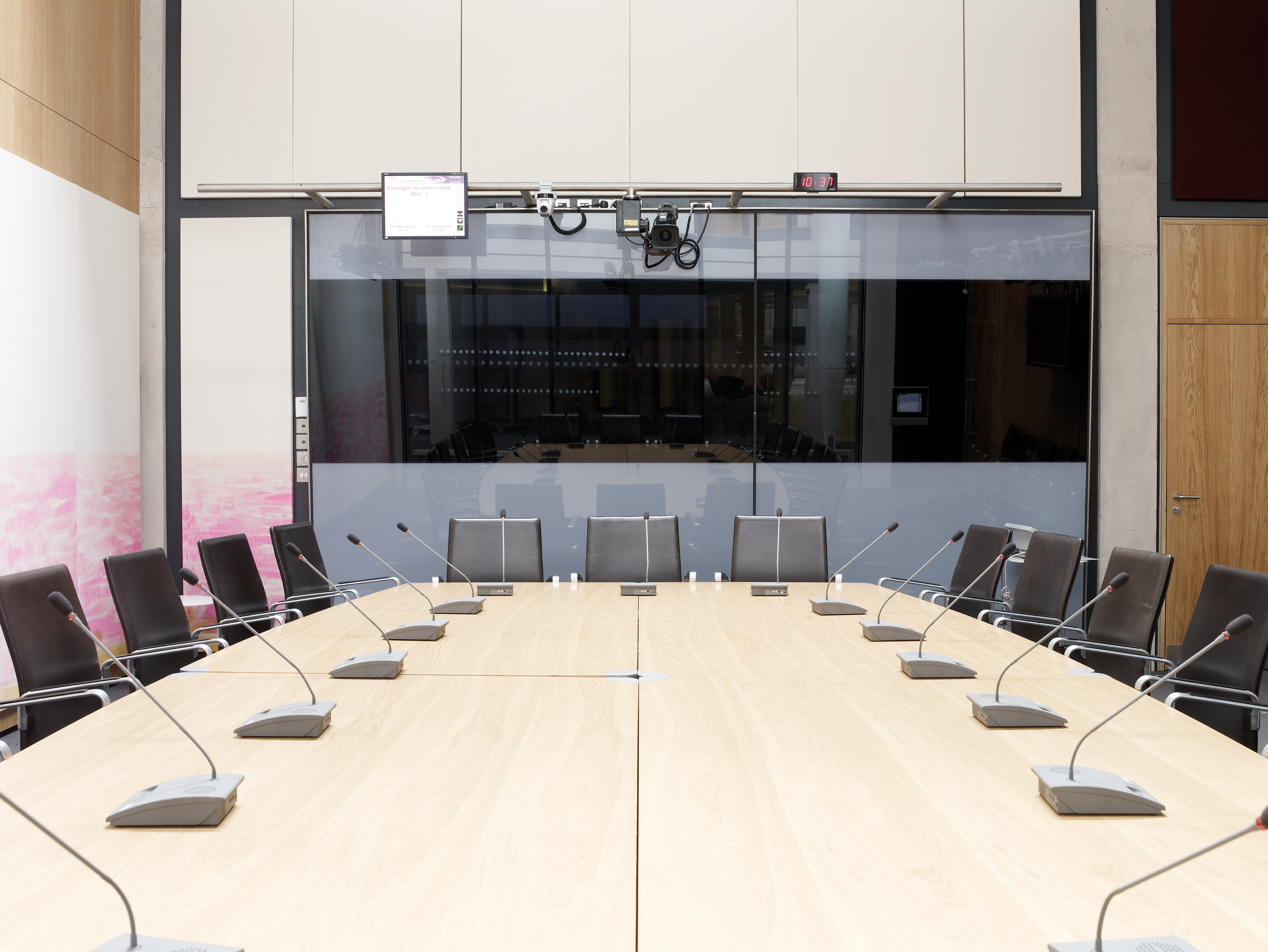On 30 March 2017 the then UK Government published its White Paper on Legislating for the United Kingdom’s Withdrawal from the European Union. Essentially the White Paper set out the changes the UK Government believed would need to be made to the law and legal frameworks in the UK in preparation for the UK’s exit from the EU.
Part of these proposed changes was the passing of a Great Repeal Bill to convert the current EU law that applies in the UK into UK law on the day that the UK leaves, to provide certainty and prevent any legal holes from appearing overnight. 
Whilst on the face of it simply converting the current body of EU law might seem straightforward, it is likely to be a technically difficult process with implications not only for the UK Government and Parliament but also for devolved governments and devolved legislatures including the Assembly.
This is because a number of technical changes will need to be made to the body of law transferred to make it workable once the UK leaves. For example, the current EU law on bathing water quality requires the UK to send a report on the quality of their water to the European Commission. As the UK will no longer be a member of the EU, if we simply transferred this requirement into UK law, it wouldn’t make sense. Therefore a change will need to be made to the law so the report is sent to another UK or devolved body or not required to be sent at all.
The White Paper proposed that most of these technical changes to make the converted law workable would be made by UK Government Ministers and, where appropriate, devolved Ministers. This would be done by giving them a power to make these changes via what is known as subordinate legislation. The UK Government White Paper indicates that at a UK level alone it will need to pass about 1,000 pieces of subordinate legislation to make the necessary changes. The Welsh Government has not yet stated how many it thinks may be needed in areas for which it has responsibility but the figure will be in the hundreds at least. This volume of legislation in a short time period is not only likely to pose challenges for the Governments of the UK but also for the Parliaments and Assemblies tasked with scrutinising this legislation.
We set out further information on the White Paper and proposals for the Bill in our blog post on its publication.
The Assembly’s External Affairs Committee, which has been tasked with considering the implications of Brexit for Wales, launched an inquiry into the White Paper on 11 April 2017. It undertook a written consultation and held oral evidence sessions and has now published its findings in a report (PDF, 1MB).
Key Messages
The Committee sets out a series of key messages and conclusions under four main headings:
- Consultation: The Committee says that the evidence it received indicates that there was no meaningful consultation between the UK Government and Welsh Government on the White Paper and that there has been no consultation at all by the UK Government with the Assembly as a legislature on the proposals. It finds that this is unacceptable and states that it expects the UK Government to be more constructive in future.
- Delegation and control of powers and Assembly Procedure: The White Paper states that the devolved ministers will be given powers ‘in-line’ with those provided to UK Ministers. The Committee sets out its views that it is for the Assembly alone to give Welsh Ministers powers to make subordinate legislation in areas of devolved competence and it should be for the Assembly alone to decide what processes it puts in place to scrutinise these powers. It states that the UK Government or Parliament should not seek to delegate powers to Welsh Ministers or restrict the processes the Assembly can use to scrutinise these powers in a Great Repeal Bill without seeking the Assembly’s prior consent and consulting fully with it.
- UK-wide policy frameworks: The White Paper suggests that some common UK frameworks on areas such as agriculture and fisheries may be needed after Brexit to replicate those currently in place in the EU. The Committee concludes that any future UK-wide frameworks must be agreed between the UK Government, devolved governments and legislatures and must not be imposed by the UK Government in anyway, not even for a time-limited basis.
- Transparency: The Committee concludes that whilst there is a myriad or technical and constitutional issues that will need to be addressed in a Bill and in legislation on Brexit the Assembly should ‘not lose sight of the fact that decisions taken during this period will have direct and lasting effect on people’s lives’. It states that it will be incumbent on the Committee and the Assembly to ensure that the process for deciding and determining these issue is a transparent as possible and creates opportunities for meaningful engagement and dialogue.
Article by Nia Moss, National Assembly for Wales Research Service.
This post is also available as a print-friendly PDF: What might a Great Repeal Bill mean for Wales? The Assembly’s External Affairs Committee has set out its view on the Legislating for Brexit White Paper. (PDF, 153KB)






